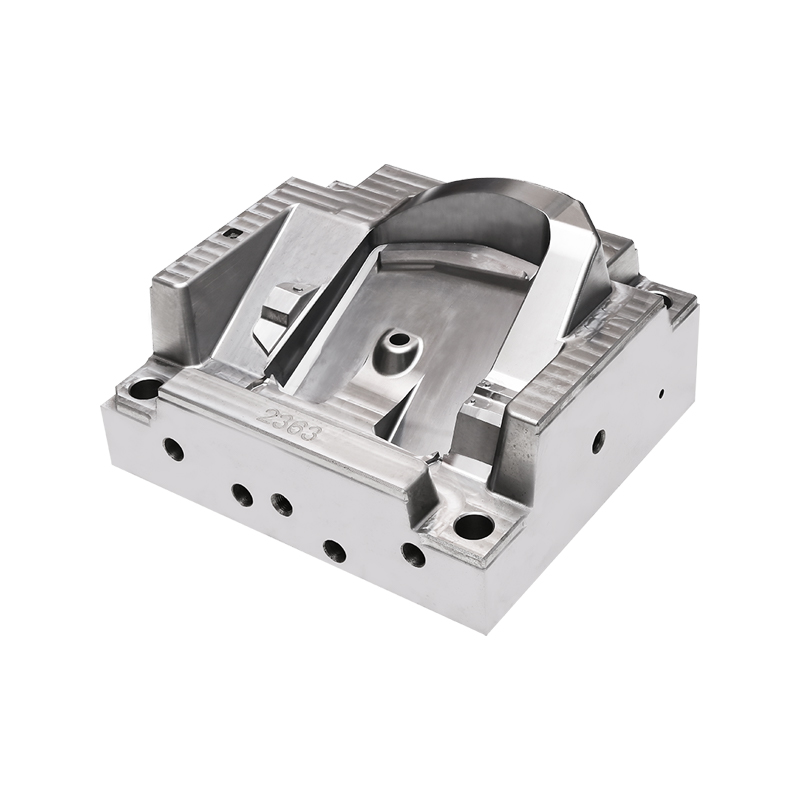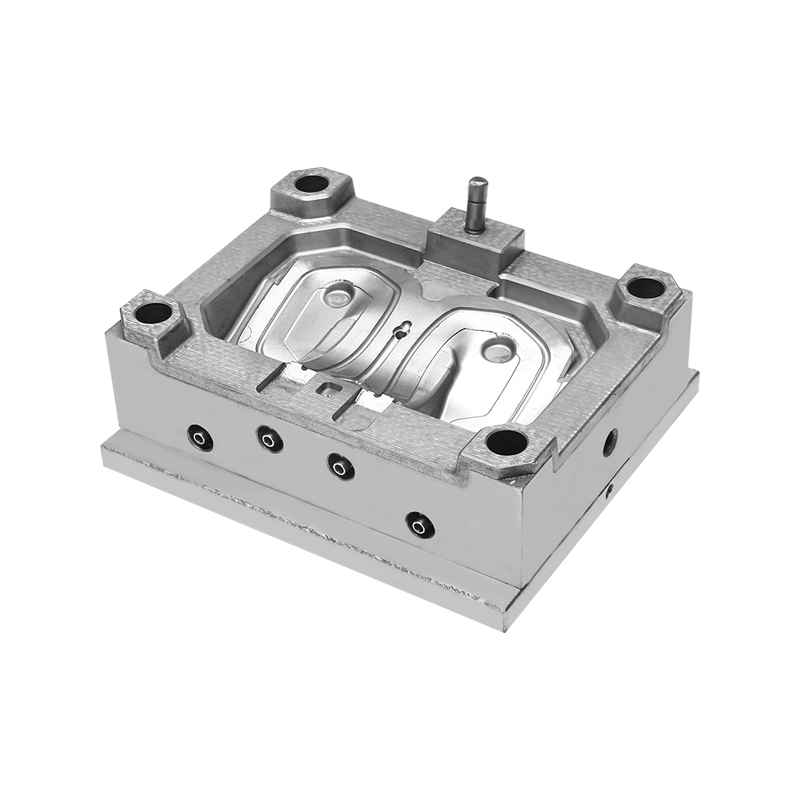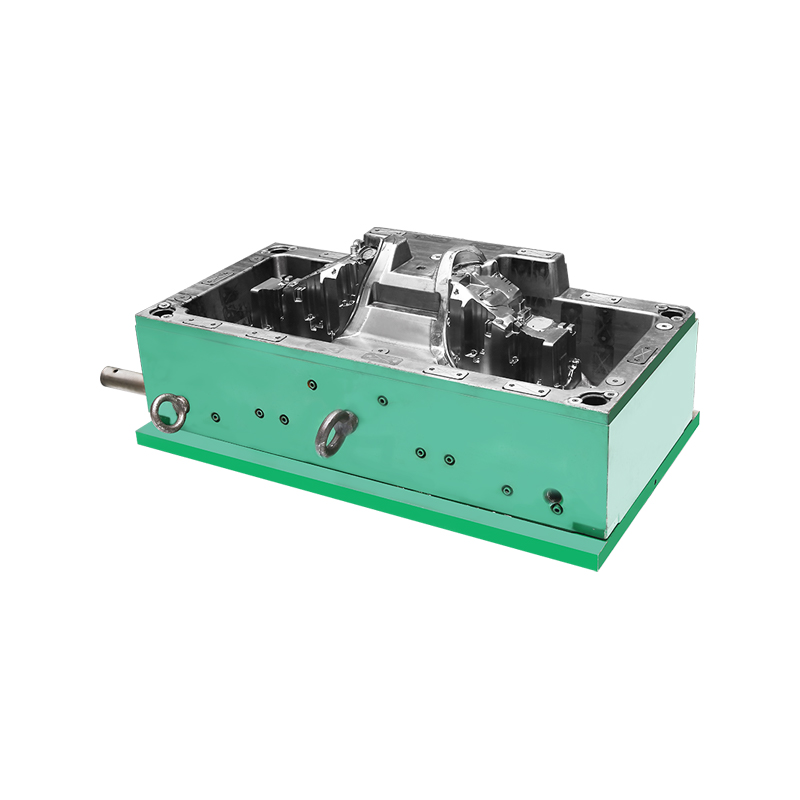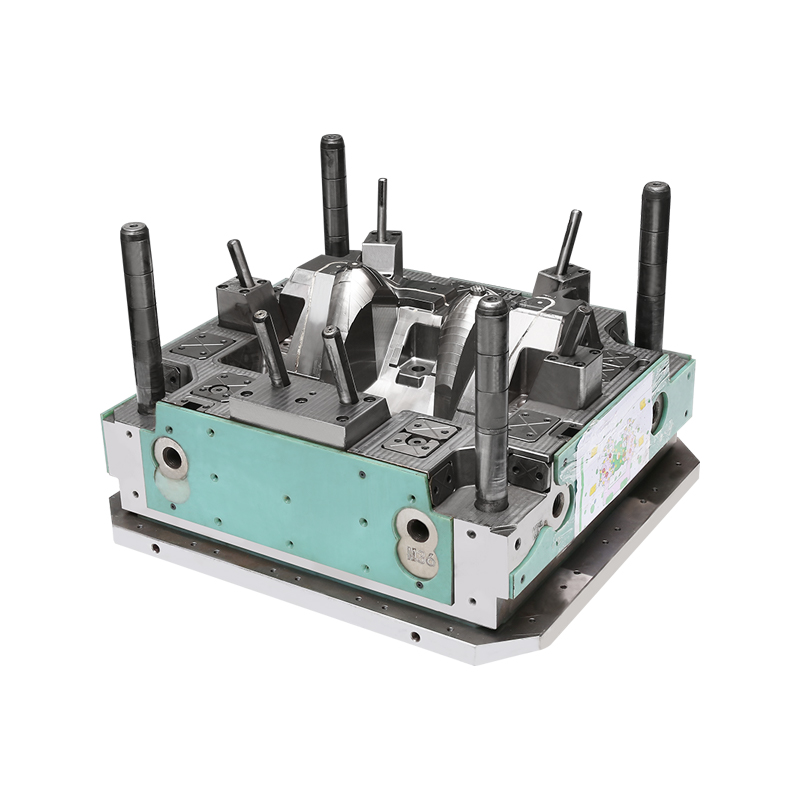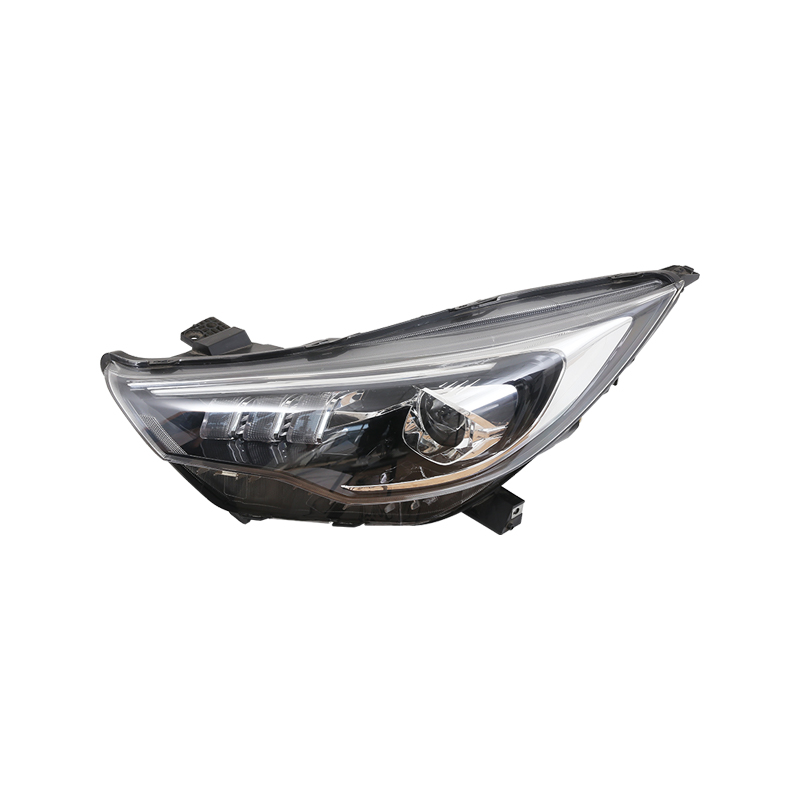Custom automotive plastic injection mold parts Factory
In the ever-evolving landscape of automotive manufacturing, the quest for sustainability has become a driving force behind innovation. One such innovation is the development of environmentally friendly automotive plastic injection molds, which are not only revolutionizing the way vehicles are produced but also significantly reducing the industry's carbon footprint. These molds, a critical component in the production of automotive parts, are now being crafted with a keen focus on eco-friendliness, ensuring that the future of transportation is as green as the technology that powers it.
The automotive industry is one of the largest contributors to global carbon emissions, with the production process accounting for a significant portion of this impact. Traditional manufacturing methods, which often rely on heavy machinery and non-renewable resources, have long been a target for environmentalists seeking to reduce the sector's environmental impact. However, the advent of environmentally friendly automotive plastic injection molds has brought about a paradigm shift in this domain.
Plastic injection molding is a process where plastic material is melted and then injected into a mold to create a part. In the automotive industry, this process is used to produce a wide range of components, from small interior fittings to large exterior panels. The molds used in this process are traditionally made from metal, which requires substantial energy to produce and maintain. However, the new generation of environmentally friendly molds is crafted from materials that are not only more sustainable but also more efficient in the molding process.
One of the key features of these environmentally friendly automotive plastic injection molds is their use of recycled or bio-based materials. By incorporating recycled plastics or materials derived from renewable sources, these molds reduce the demand for new, non-renewable resources. This not only conserves natural resources but also helps to divert waste from landfills, further contributing to the reduction of the industry's carbon footprint.
Another advantage of these molds is their increased durability and longevity. Traditional molds can wear out quickly, requiring frequent replacement, which in turn leads to increased waste and energy consumption. However, environmentally friendly molds are designed to last longer, reducing the need for frequent replacements and minimizing waste. This extended lifespan also means that fewer new molds need to be produced, further reducing the overall environmental impact of the manufacturing process.
The design of environmentally friendly automotive plastic injection molds also takes into account energy efficiency. These molds are engineered to require less energy to heat and maintain, which translates to lower energy consumption during the molding process. This reduction in energy use not only cuts down on operational costs for manufacturers but also contributes to a lower carbon footprint for the automotive industry as a whole.
In addition to the materials and design, the manufacturing process of these molds also incorporates environmentally friendly practices. The production facilities that create these molds often implement waste reduction strategies, energy-saving measures, and the use of renewable energy sources. This holistic approach to sustainability ensures that every step of the production process is as eco-friendly as possible.
The impact of environmentally friendly automotive plastic injection molds extends beyond the manufacturing process itself. By producing lighter and more durable parts, these molds contribute to the overall efficiency and performance of vehicles. Lighter components can improve fuel efficiency, which in turn reduces the carbon emissions produced by the vehicle during its operational life. This creates a ripple effect of sustainability that starts at the production line and extends to the road.
Furthermore, the adoption of environmentally friendly automotive plastic injection molds is a testament to the industry's commitment to sustainability. As more manufacturers recognize the benefits of these molds, there is a growing trend towards the adoption of greener practices throughout the automotive sector. This shift not only benefits the environment but also enhances the reputation of the industry, attracting consumers who are increasingly conscious of the environmental impact of the products they purchase.
In conclusion, the development and implementation of environmentally friendly automotive plastic injection molds represent a significant stride towards a more sustainable automotive industry. These molds, through their use of sustainable materials, energy-efficient design, and eco-friendly manufacturing processes, are playing a crucial role in reducing the carbon footprint of automotive production. As the industry continues to embrace these innovations, we can look forward to a future where our vehicles not only transport us but also embody our commitment to a cleaner, greener world.

 English
English 中文简体
中文简体 русский
русский Español
Español
